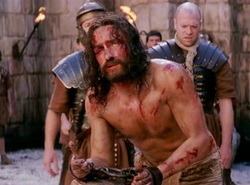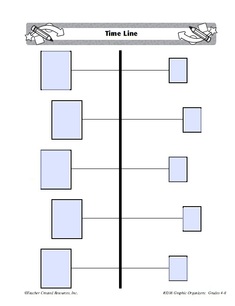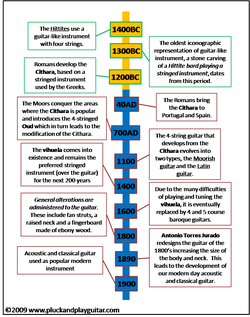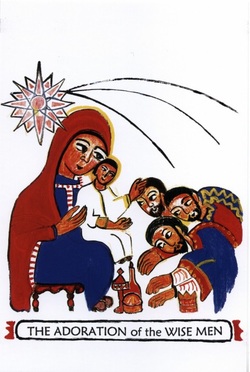
On our second day of the film, I can already see how moved you are. I know you have learned about all Christ endured, but it's truly hitting home. You are affected in so many ways, and I'm glad you are able to experience Christ's Passion on a more mature and deeper level.
For today's response, I'd like you to mention one image or moment in the movie thus far that has struck you, and add a small reflection upon your image. Perhaps it's not biblically based; that's not the point. The director, Mel Gibson, took from the Gospel and prayed about how to portray Christ in the best light.
For me, so far, the image of Jesus standing back up from being beaten, only to continue getting scourged was ironically beautiful. I am proud to call him my Christ, watching him not be defeated by just lying there. He is victorious. He is a winner. He is not a crying baby. Of course, he was in deathly pain, but what a true man it takes to stand there and just take it again. And again. And again. How many times have we scourged him with our sins? It makes me feel like he experiences that level of pain each time we let him down.
I pray that the movie experience continues to open your eyes and hearts to be more like our Savior.
For today's response, I'd like you to mention one image or moment in the movie thus far that has struck you, and add a small reflection upon your image. Perhaps it's not biblically based; that's not the point. The director, Mel Gibson, took from the Gospel and prayed about how to portray Christ in the best light.
For me, so far, the image of Jesus standing back up from being beaten, only to continue getting scourged was ironically beautiful. I am proud to call him my Christ, watching him not be defeated by just lying there. He is victorious. He is a winner. He is not a crying baby. Of course, he was in deathly pain, but what a true man it takes to stand there and just take it again. And again. And again. How many times have we scourged him with our sins? It makes me feel like he experiences that level of pain each time we let him down.
I pray that the movie experience continues to open your eyes and hearts to be more like our Savior.






 RSS Feed
RSS Feed